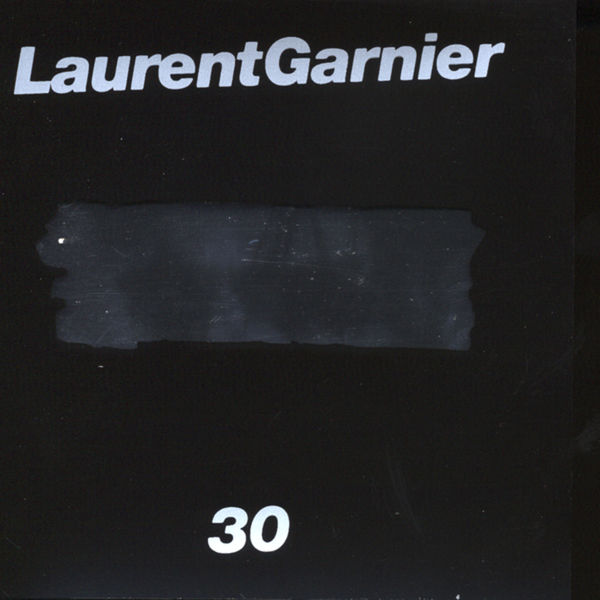“Fighting”, “battling”, “a struggle”… When you talk to Laurent Garnier about his career, the recurrence of warlike terminology becomes quickly apparent. The reason he relies so heavily on this semantic field is because he’s spent his life trying to help electronic music gain ground. He chose his side in 1987. As he was only a Frenchie exiled in Manchester, following his heart and working in catering, he flooded the city with his mixtapes, eventually catching the eye of Tony Wilson, Joy Division,’s manager, the founder of Factory Records and boss of the legendary Hacienda, one of the clubs through which house music got into England. After getting a nickname (DJ Pedro) across the Channel, he made a name for himself in France and mixed in several Parisian clubs, the Loco, the Luna, the Boy, the Palace, where he played disco, funk, hi-NRG and the very first house records, fresh from Chicago and New York. In the meantime, at the end of the 80s, the rave scene started growing in the country, with DJs such as Jérôme Pacman, Manu Casana and Luc Bertagnol’s throwing parties in La Défense (Paris CBD), at the Fort de Champigny or Mozinor, in Montreuil. But Laurent Garnier, who had been taken in by the Parisian gay club community, wasn’t in their line-ups. “When they organised raves, I wasn’t invited. Because I was playing in gay clubs, I wasn’t allowed to go. People may have forgotten, but at the beginning, it was very rough. Truly. There were times when I had to prove myself, with guys looking at me thinking: ‘Go on, show us what you can do. We are underground, you are commercial.” One of many obstacles in his way, but Laurent Garnier simply worked around it.
No regret whatsoever: while the rave scene evolved towards free parties and more extreme musical aesthetics, Laurent Garnier capitalized through DJ collectives such as Heretik, on the development of electronic music in clubs and reached a new dimension by taking over the turntables of Rex Club in Paris, in 1992. For his Wake Up parties, he invited – often for the very first time –pioneers of Anglo-Saxon techno and house music (Juan Atkins, Jeff Mills, Carl Craig, Carl Cox…). Assisting Garnier, you’d crossed paths with Pedro Winter,, who went on to create the Ed Banger label (Justice, Breakbot…) ten years later, or Thomas Bangalter, future member of Daft Punk, and post-teens building up their musical knowledge at little expense. Two years later, in 1994, he started with Eric Morand the label F Communications, which fertilised what would eventually become the French Touch, symbolised by the success of Daft Punk’s Homework three years later. But before the glory, Laurent Garnier had to fight against prejudices against French music, particularly with foreign distributors and record stores. “Before Daft Punk, electronic music was a small, radical and not very well-understood community. I remember we were in New York with Eric, trying to promote our albums, and the manager of the Nervous Records store pretty much told us to piss off: “You the French, you know how to make perfume and cheese, but for music, you are just shit.” We managed to get into the US with Acid Eiffel, which was released on Derrick May’s label Fragile Records, at the same time as on Fnac Music. And because Derrick May was behind it, the album was perceived differently. We sold more copies on Fragile than on Fnac Music, even though the track was the same… Now we just laugh about it, but it was rough at the time!”
Create a free account to keep reading
